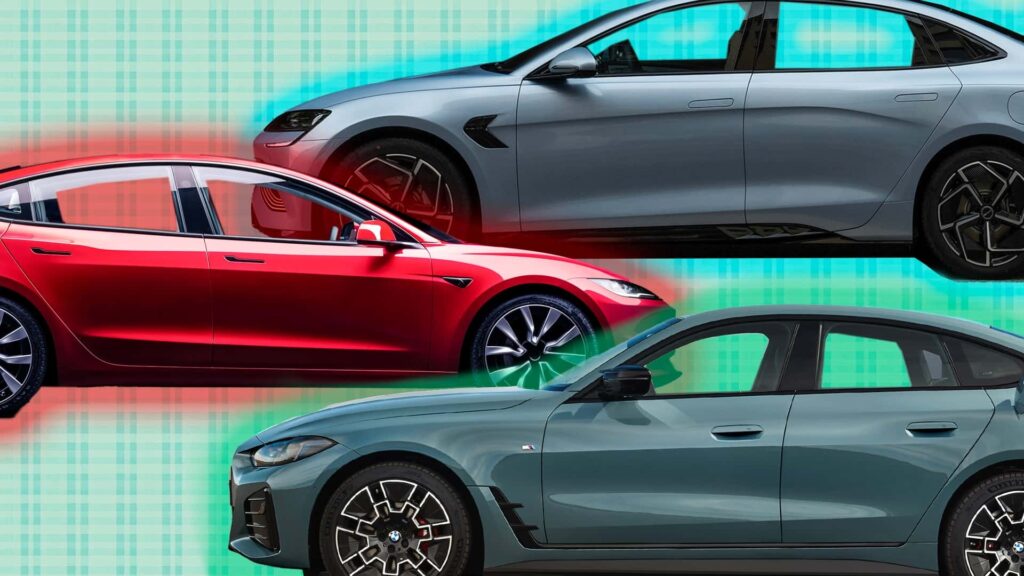The surge in electric vehicle (EV) registrations in December 2024 took analysts by surprise, with a 25% increase compared to previous months. This abnormal growth was attributed to the looming fear that the EV tax credit would be eliminated, prompting buyers to act quickly to secure the incentive before it was potentially repealed.
Leading the charge in EV registrations was Tesla, with a staggering 65,455 new registrations in December alone. Despite this impressive figure, Tesla experienced its first year-over-year sales decline, losing 10 percentage points of market share compared to the previous year. Domestic automakers like Ford and Chevrolet also saw significant growth in EV sales, with models like the Mustang Mach-E and F-150 Lightning driving Ford’s numbers up.
Surprisingly, Honda’s Prologue, an Ultium-powered crossover, managed to capture 7,583 registrations, solidifying Honda’s position in the EV market. The success of models like the Equinox EV and Prologue indicates that when EVs are priced competitively and offer enough options, consumers are willing to make the switch to electrification.
While the overall EV market grew by 11% in 2024, December’s total EV market share remained modest at 9.9%. Analysts believe that hybrids are cutting into the market share that battery electric vehicles (BEVs) would typically occupy. Honda and Toyota’s success in the hybrid market is seen as a factor slowing down the rise of EVs.
Despite the competition from hybrids, EV sales are expected to continue to rise in 2025 as buyers rush to take advantage of incentives before they potentially disappear. The fear of losing the EV tax credit is likely to drive sales until the credit is abolished, if that happens at all.
In conclusion, while hybrids may be posing a challenge to EVs in the short term, the momentum in EV sales is expected to continue in the coming year. Automakers and buyers alike are urged to make the most of incentives while they are still available, as the landscape of the EV market continues to evolve.

